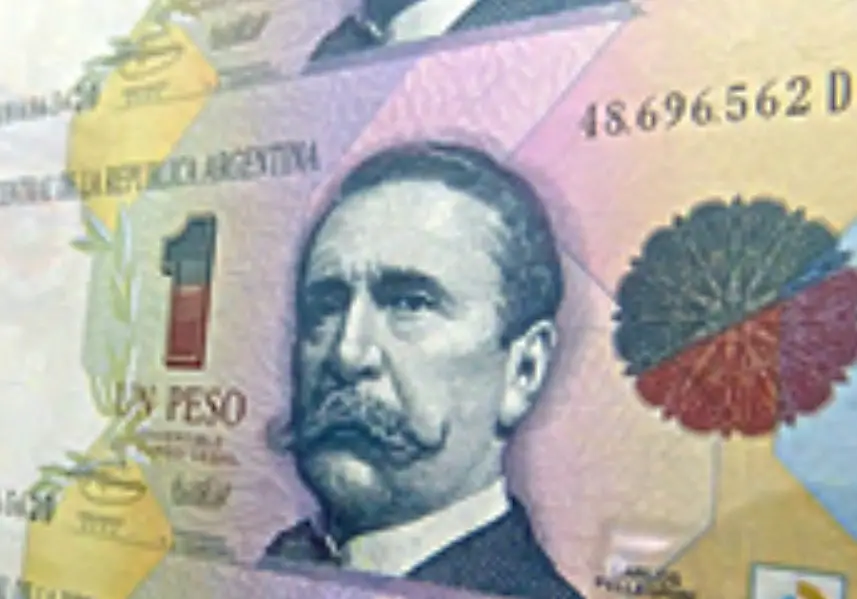As the new President of Argentina begins his “shock therapy” in an eff0rt to save the nation’s economy, the new government of Argentina has announced the peso has been sharply devalued, it has initiated cuts to subsidies for energy and transportation, and it has frozen spending on major state programs.
In an announcement Tuesday, the new minister of the economy revealed the package of measures, which had been promised by the newly elected president Javier Milei.
After the devaluation, the official dollar exchange rate will be 800 pesos per dollar, compared with 365 pesos per dollar prior to the devaluation.
Over the past half-decade, the peso’s value had been maintained by the state using strict capital controls, which had generated a large gap between the official exchange rate of the dollar, and the unofficial, parallel rate used by citizens.
In his televised message, the new Minister of the Economy of Argentina Luis Caputo revealed that the new measures were aimed at containing the nation’s spiraling inflation and attempting to get control over the worst economic crisis in the nation in decades.
Caputo noted that although the new plan will entail short-term pain it will prove vital for reducing the fiscal deficit and gaining control over the triple-digit inflation which is presently afflicting the nation’s economy.
He said, “The objective is simply to avoid catastrophe and get the economy back on track.”
Argentina is presently battling a rampant 150% inflation rate, combined with low cash reserves and high levels of government debt. Meanwhile nearly 40% of the population of the nation is living in poverty. In addition, the nation currently owes an eye-popping $44 billion to the International Monetary Fund (IMF).
In a statement, the IMF called the new measures “bold,” adding that they would, “help stabilize the economy and set the basis for more sustainable and private-sector led growth” after “serious policy setbacks” which had plagued the nation recently.
IMF chief Kristalina Georgieva said, “I welcome the decisive measures,” noting they were, “an important step toward restoring stability and rebuilding the country’s economic potential.”

